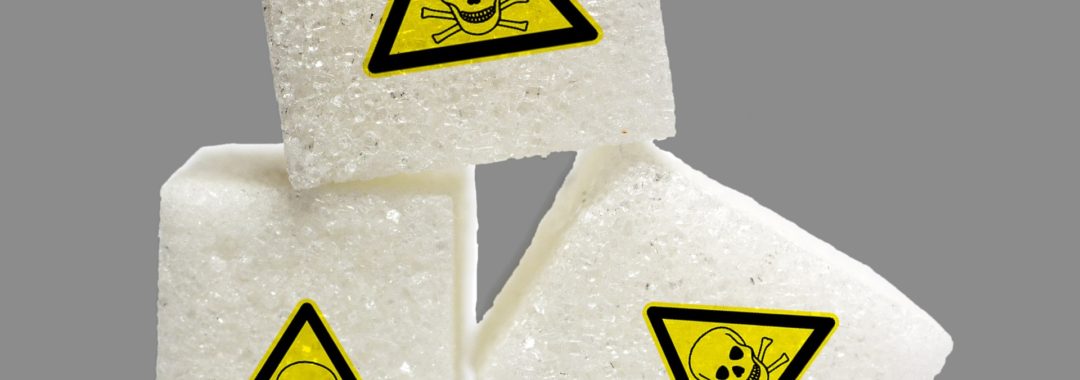Many people suffer from bloating very regularly and some suffer it daily as well. While the cause of bloating if often dietary or food related, many are unaware that stress, anxiety and their busy life can actually be causing their bloating too. In many cases, when food and dietary triggers have been ruled out, a big part of peoples bloating is actually stress and anxiety, or even being overly busy. For the sake of this post, I am going to put ‘busyness’ as the same category and stress and anxiety.
Stress, Anxiety and Busyness affects the whole body
Stress, anxiety and constant ‘busyness’ changes the body, not just the mind. Intense stress or anxiety can trigger stomach discomfort, including bloating. Some people may not realise that our mind and gut are linked. So with our busy, on-the-go lives, emotions we experience throughout the day, like stress, can affect our digestive system. As mentioned in a previous post, stress and anxiety can also cause and exacerbate pain in the entire body. (click here to read)
Stomach pain and bloating are more common in people who have stress as well as an underlying condition, such as irritable bowel syndrome (IBS), or other inflammatory gastrointestinal conditions such Crohn’s disease and Ulcerative Colitis. Bloating and abdominal pain is very common in women with endometriosis and is known as “Endo Belly”. This is very commonly exacerbated by stress and anxiety and also disruption to the microbiome.
While abdominal bloating is a widespread complaint, with many possible causes, unless the pain is intense or accompanied by other worrisome symptoms, it is usually safe to see if symptoms disappear on their own. But if you are ever worried, always consult with your healthcare practitioner as constant bloating can be a sign of serious health issues too.
How does stress and anxiety cause bloating?
There is now plenty of research and evidence that the brain and the gut communicate with each other via numerous systems (neural, hormonal and immunological) and do not function independently. Because of this interconnected relationship it means that if one system is ‘disturbed’, or ‘distressed ’it will result in the other system being ‘disturbed’ or ‘distressed also. In simplest terms if you have a busy day at work and it is stressful then mental stress at work = tummy upset. It really is that simple
When someone is feeling stressed and anxious, it may induce a variety of digestive issues and discomfort. Stress and anxiety produce an alteration in the contractility of the gut. This may then cause cramps or pain (increased contractility) and may influence bowel habits, which then causes constipation due to reduced GI contractions. This may then lead to someone being bloated. This could also lead to people also having loose bowels, or alternating bowel movements too.
Additionally bloating may occur without constipation and you could also experience increased heartburn as a result of your stress and anxiety. Decreased stomach emptying accompanied by increased oesophageal contractions may cause acid reflux. This increase stomach acid can then cause bloating and pain. It can also then lead to increase gut permeability and then further lead to leaky gut syndrome.
Reducing the effects of anxiety and stress on the gut
Thankfully, there are several things you can do to reduce the effects of anxiety and stress on your gut. As I have often talked about, there is a direct link between our microbiota and our stress hormone system. Any alterations in our gut microbiota may lead to a heightened or suppressed hormonal response to stressful situations. I’ve talked about the effects of dysbiotic bacteria and bloating before. You can read one of my previous posts on this (click here)
This is why it is so important to do a proper microbiome restore, to not only to help with bloating and gastrointestinal issues, but to help with inflammation, the immune system and our emotions as well. Of course one still needs to look at their diet and what they are putting in their mouths too. Let’s not forget the impact of alcohol on our gut and digestive system too. I have done a post about this and to find out more (click here).
Identifying triggers
Besides a proper microbiome restore, the best approach would be to identify the ‘stress trigger’ or ‘anxiety trigger’ and try to remove it, or alter its impact, from your daily life, where possible. This can often be hard and will require the help of a qualified counsellor, or psychologist. It is important that people identify this and are real about needing help from a trained healthcare professional.
Use mindfulness and meditation practices
There are things people can do on their own to reduce stress and anxiety too. Mindfulness and meditation exercises can help to alleviate stress and anxiety and something people should practice daily.
Some examples could be the following. If you may get stressed by not being prepared for some activity at work like giving a presentation, just make sure that you allow plenty of time to adequately prepare and rehearse to prevent or reduce anxiety.
Another example could be that you might get stressed by travelling to work in overcrowded public transport. You could ride sharing to work, or give cycling to work a try.
If you feel yourself getting stressed out with any task make sure you take some time out from the activity. Go and sit quietly and just breathe and reassure yourself that everything is ok. You could make yourself a cup of tea, or listen to some soothing music. All these things can help but at the same time, may not always be applicable to all stressful scenario, or where you are anxious.
Final Word
There is more and more evidence now to suggest that many gut issues are affected by stress and anxiety. But, troubles with the gut can also cause stress and anxiety too. The gut-brain axis works both ways and we need for more people to know this.
This is why it is so important to look after our gut health more. We need to be managing our diets better, cut out inflammatory and refined foods, increasing pre and probiotics, managing allergies and intolerances, cutting back alcohol, managing stress and anxiety better, and avoiding foods that we know aggravate stomach issues and cause bloating and pain.
It is also important for people that experience bloating to realise that not all bloating issues are related to food, or their health condition. For many people, their daily bloating and pain is actually coming from either being overly busy, or from their high stress levels, or anxiety. It could be coming from all of these things combined too. If you do not know how to manage your bloating and stress and anxiety levels, it is best to book in a see a healthcare professional who can assist you deal with it properly.
If you do need assistance with bloating and abdominal pain, please call my friendly staff and find out how I may be able to assist you. You can also check out my posts on restoring the microbiome properly too. Something that could be very beneficial for all, especially after the Christmas and New Year festivities.
Regards
Andrew Orr
-No Stone Left Unturned
-Women and Men’s Health Expert



